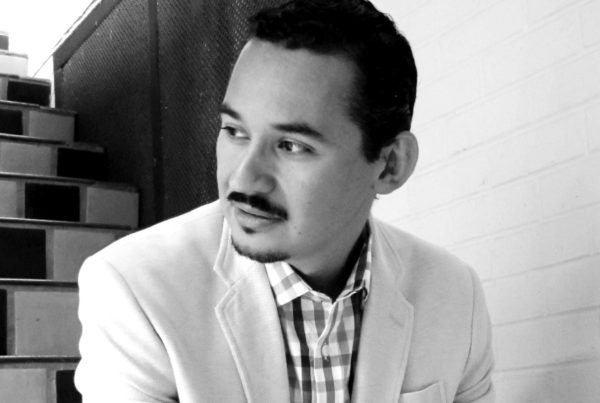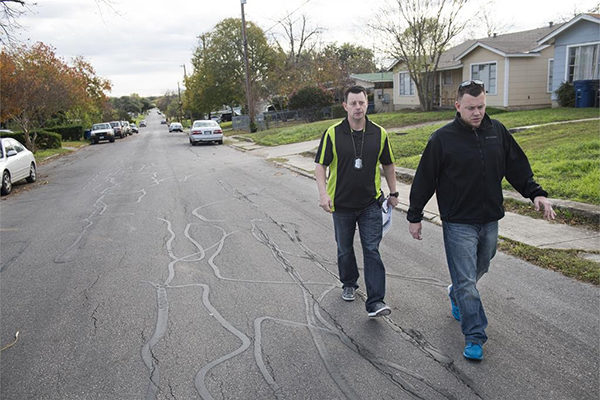Most mental health conditions fall into a handful of categories.
Lindsay Bira is a clinical health psychologist and adjunct professor of psychiatry at UT Health San Antonio. She says anxiety disorders are the the most common mental health category, and affect almost 20% of Americans.
Mood disorders are another category, and include things like depression and bipolar disorder.
Another category is schizophrenia and psychotic disorders, which are much less common, but are debilitating to those who experience them. Bira says people with these conditions often don’t realize they’re experiencing the effects of a mental illness. It’s often family members who notice something isn’t right, and they’re the ones who can get them help.
Bira says emergency rooms are always an option if someone needs help right away. But, for long-term treatment, psychologists are also skilled at helping those living with schizophrenia to learn the difference between thoughts based in reality and those that aren’t. They can also work closely with a client’s psychiatrist because medication is an important part of schizophrenia and psychotic disorder treatment.
But when it comes to emotionally based mental health disorders like anxiety and depression, Bira says there’s a common set of symptoms that most people experience. These symptoms often start as dysfunctional ways of thinking, but can lead to full-blown mental health disorders if left unchecked. Guilt and shame are some of those.
“Guilt is about something that you did; shame is who you are,” Bira says.
She says worry is another common thought pattern for those with mental health disorders. Worry means someone is focused on a future problem over which they have no control. Bira helps her clients learn to believe that they will have the resources needed in the future if a problem arises, instead of trying to control things ahead of time.
Over-personalization and defensiveness are also common habits that can fuel mental and emotional distress. Bira says this happens when people assume they’re completely to blame for something without taking into account other factors.
“People assume it was more their fault than it actually was,” Bira says.
Or, they assume people are out to get them, which can lead to negative interactions with others and reinforce that false belief. It’s like a self-fulfilling prophecy.
Procrastination is another common symptom, Bira says. But, contrary to what some may think, procrastination isn’t about time-management; it’s about emotion-management.
“When we start to think about a task and we already start to experience it emotionally … whatever that aversive emotion is, that becomes bigger in our brain and more avoidance happens,” she says.
The last common behavior is a lack of vision. It’s when someone can’t visualize a way out of a bad situation like a toxic relationship, an unfulfilling job or even chronic depression that doesn’t seem to be getting better.
Bira says that if you feel like something is wrong but can’t define it, talking to a therapist can help. She says anyone can search for therapists near them on psychologytoday.com. Most offer free 10-minute consultations to prospective clients.
“How you feel talking on the phone with somebody is probably gonna be similar to how you feel in the room with them,” Bira says.
Mental health can seem like an impenetrable topic, but Bira says it’s these common behaviors and symptoms that people can focus on to stop the development of many mental health disorders in the first place.
“I believe this is the next wave of human evolution – being able to manage these smaller subsets of symptoms so that they don’t get bigger and lead to bigger problems and more stress that ends up leading to some big emotional issues and even health issues,” Bira says.















